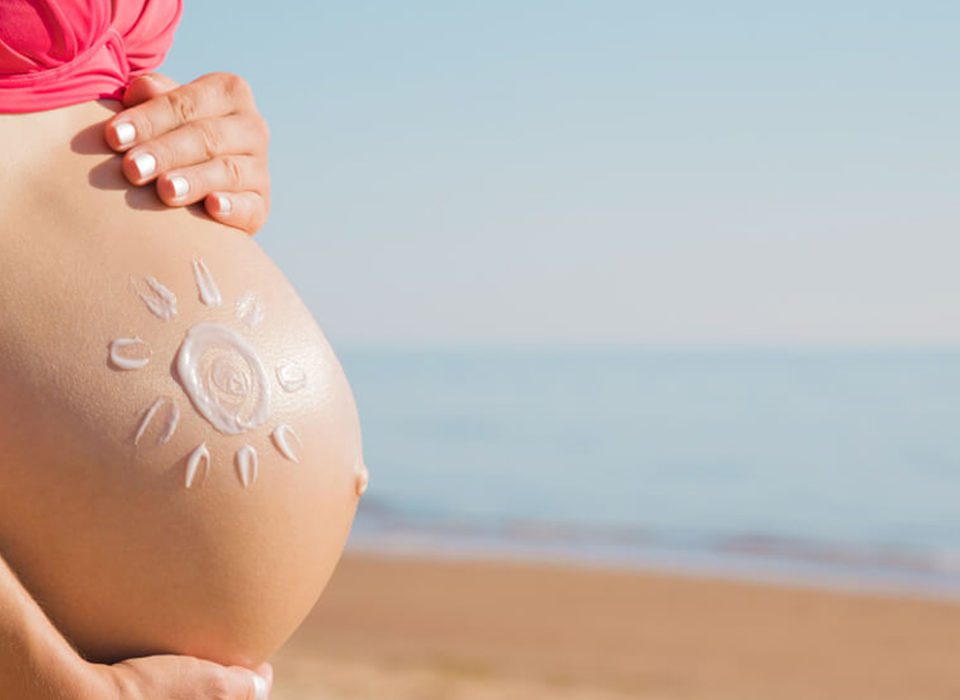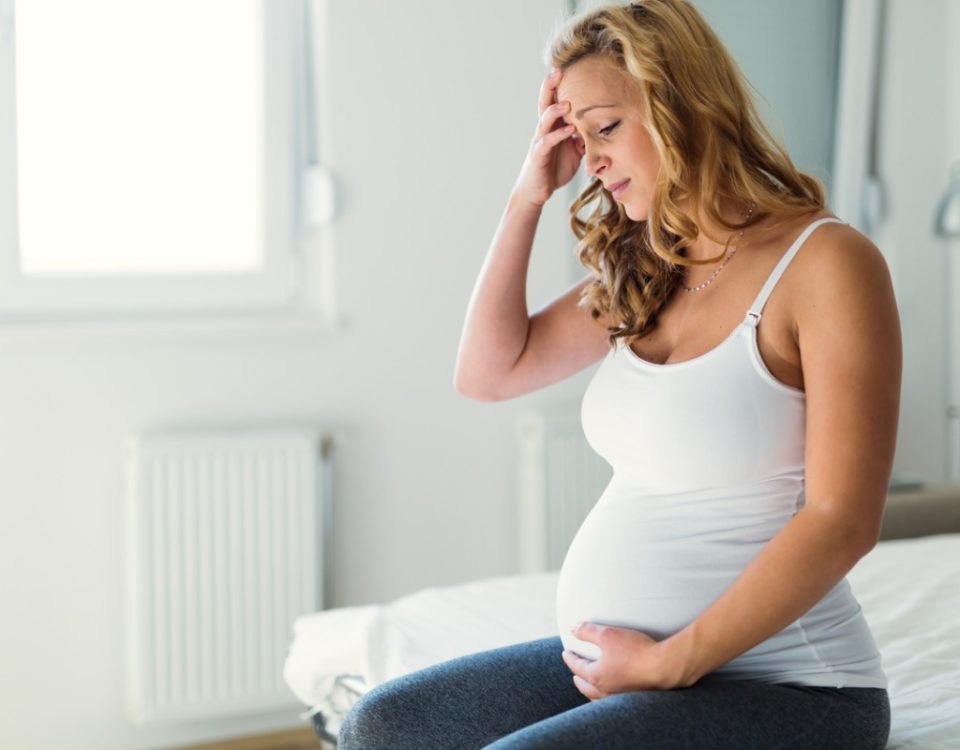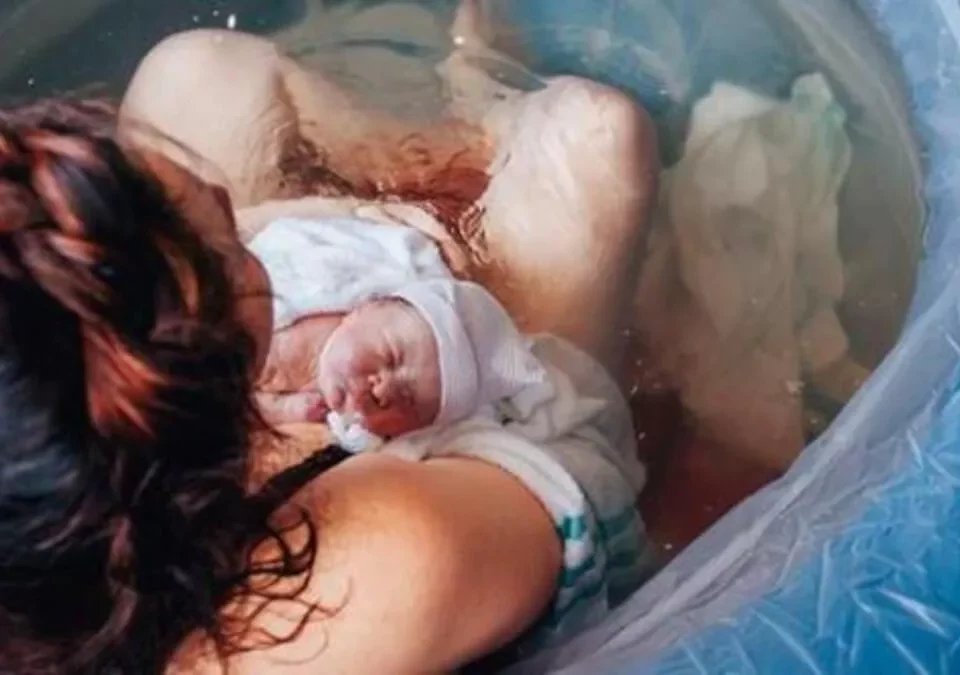Although pregnancy is an exciting and very enjoyable time for couples, sometimes things can go wrong. An empty pregnancy, also commonly known as water pregnancy, occurs in an average of 15% of women who become pregnant. In this type of pregnancy, the gestational sac is present but there are no structures of the baby inside.
Why does an empty pregnancy happen?
In a healthy and normal fertilization, the fertilized egg begins to divide immediately. On average four to five days after fertilization is complete, the division continues and the egg implants in the uterine wall. During the implantation of the egg into the uterus, many women may experience implantation bleeding called implantation bleeding. After all these processes have taken place, pregnancy hormones are secreted and pregnancy begins. However, in some cases embryo development stops during these procedures and the pregnancy cannot continue. One of the main causes of an empty pregnancy is chromosomal abnormalities in the fetus.
What are the Symptoms of an Empty Pregnancy?
An empty pregnancy initially has the same symptoms as a normal pregnancy. The expectant mother experiences the classic pregnancy symptoms of dizziness, nausea and weakness. In some cases, pain, cramps or mild bleeding in the groin can be observed in the early stages of an empty pregnancy. At first everything seems normal, but after a while the body terminates the pregnancy. Women experience this as bleeding that is a little more than normal menstrual bleeding. An empty pregnancy usually occurs in the 7th week of pregnancy. is diagnosed during an ultrasound examination after the first week of pregnancy.
How to terminate an empty pregnancy?
In empty pregnancies, the sac can usually fall out spontaneously. In such cases, the patient can be followed up without the need for abortion. In some cases, the body cannot expel the sac on its own. If the sac cannot be expelled, the first choice should be abortion. Women who experience an empty pregnancy start ovulating again about two weeks after the abortion. If the couple wishes, pregnancy can be considered again after the woman has had her next menstrual period.







